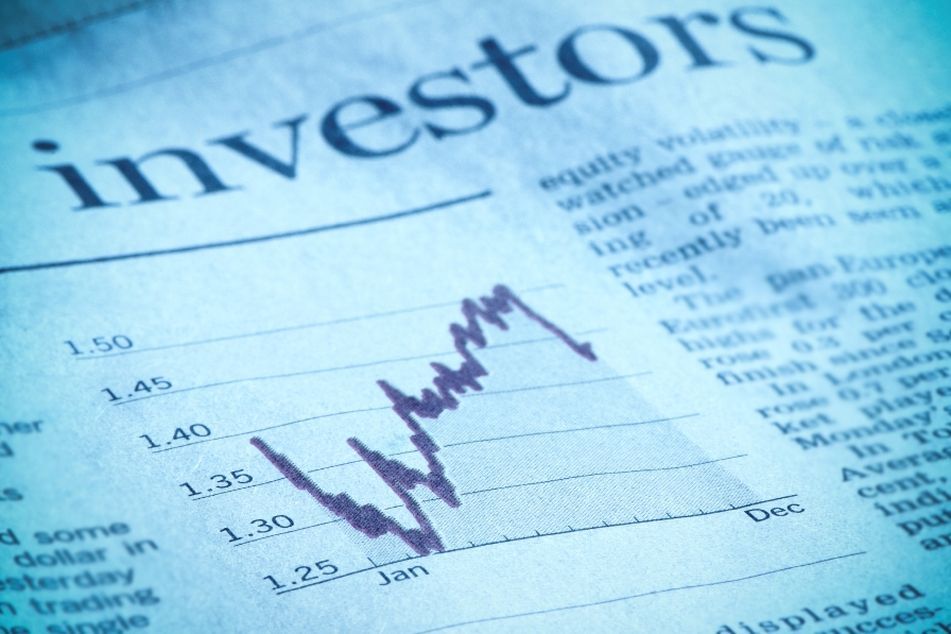Plan advisers may lose business as 401(k) sponsors struggle

As unemployment claims hit an all-time high, companies are considering ways to cut costs
The COVID-19 pandemic could have a lasting effect on 401(k) plans, and that will have consequences for retirement advisers.
In the coming months, there will likely be fewer 401(k) plans in existence, as businesses that sponsor them fold, advisers said. And for several reasons there will likely be a smaller level of assets: negative investment returns will erode balances; fewer people will have jobs, and therefore, retirement plans; and many plan participants could borrow from their accounts or take hardship withdrawals.
Retirement plan advisers could lose business. And with potentially smaller plan balances among their existing clients, advisers could see compensation reductions, depending on their fee arrangements.
“We have to figure out how to pick up the pieces after the shakeout,” said Jamie Greenleaf, lead adviser and principal at Cafaro Greenleaf. Some retirement plan clients that firms serve are struggling to stay in business, Greenleaf noted.
Most clients will stay afloat, but the service they received from their advisers during a tumultuous time could make or break relationships, she said. Retirement plan advisers, that are new to the business, have a limited number of clients or have a high concentration of customers in industries hit hard by the pandemic, are at risk, she noted.
“There will be some advisers that don’t survive this,” she said. “Some of us more seasoned advisers might have an opportunity to pick up new business because of that.”
In the short term, compensation could be affected. Advisers that charge fees based on plan assets could see less income, as assets could be lower. And those that receive per-participant fees could also be hit, as there could be fewer overall participants, given reductions in the workforce and early cash outs.
Right now, as well as in the months ahead, plan advisers should be doing everything they can to assist clients, Greenleaf said.
“If somebody’s not in the office … I don’t know how they’re going to survive this,” she said. “As we come out of the rubble, people are going to start to address the value that their plan adviser provided during this time.”
Some advisers have indeed been busy, said Aaron Schumm, CEO of Vestwell, which provides digital record-keeping services to about 5,000 plans.
Because of remote work and a standstill in new plan sales, “advisers are probably more accessible than ever right now,” Schumm said. “We’re seeing a high volume of advisers wanting to create proposals for existing clients.”
About 5% of plans in Vestwell’s business have inquired about making changes, such as stopping contributions or terminating their plans entirely, Schumm said.
The company has pushed back on plan terminations, as the delays and costs associated with starting them back up can outweigh the cost savings that employers might see in the near term, he said.
“When you get down [market] trends, there are some businesses that aren’t going to make it,” he said. But, “I don’t think it’s going to be a huge percentage.”
And unlike the 2008 financial crisis, the current market volatility is not due to a systemic flaw in the financial system, he said.
“We’ll get through this,” he said. “It’s that moment in history we’ll all remember.”
Advisers who are communicating well with plan clients will benefit, regardless of whether those plans end up being terminated, he noted. For those plan sponsors that stay in business, the relationship with the adviser will be reinforced. For small businesses that are forced by economic pressure to close, a strong tie to the plan adviser could lead to a wealth-management relationship, he said.
After the pandemic subsides, plan sales will start to pick up again, and some sponsors will consider changing advisers, said Scott Buffington, CEO of 401kplans.com, which issues proposals and does due-diligence work for plan advisers.
“You might see a lot of fund changes. You might see record keepers getting replaced,” Buffington said. “Those advisers who don’t meet with participants or don’t have a strategy to answer questions on the [market] volatility will certainly struggle.”
Learn more about reprints and licensing for this article.








